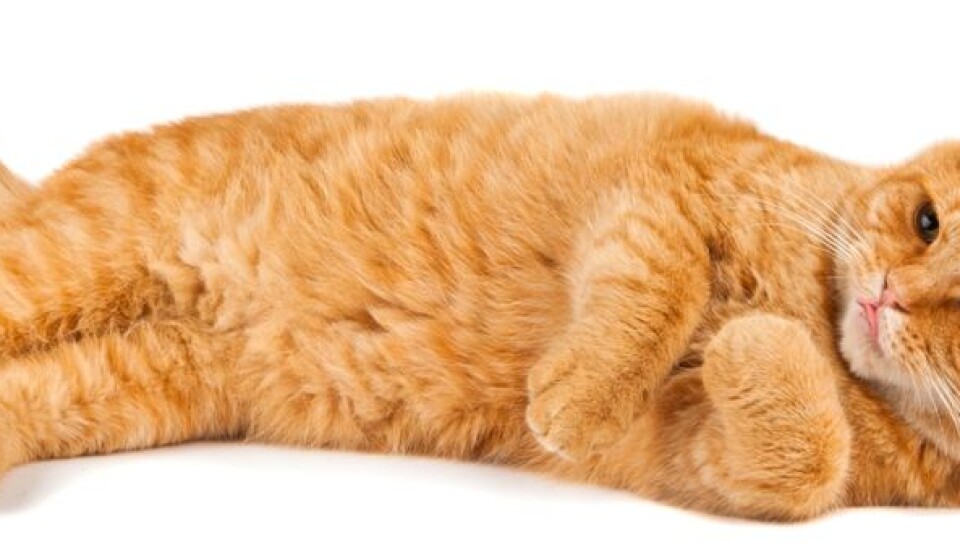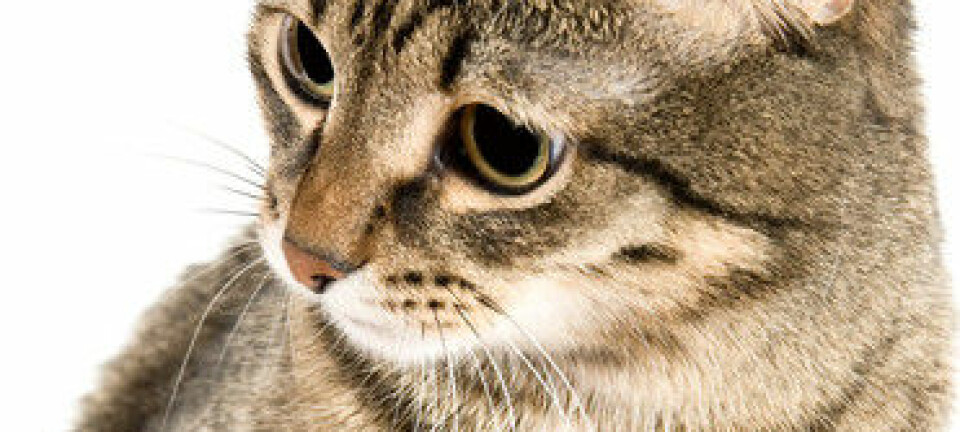
Antidepressants for pets
People are not the only users of antidepressants. A spike in sales of “happy pills” for animals is being seen in Sweden.
Denne artikkelen er over ti år gammel og kan inneholde utdatert informasjon.
The Swedish Television Company (SVT) reports that sales of antidepressant drugs for animals has risen 50 percent in the last few years.
According to Apotekenes Service AB, which runs Sweden’s prescriptions registry, Swedish pharmacies sold $70,000 worth of antidepressants last year for animals, mainly dogs.
Like a whole new cat
A woman interviewed by SVT said she has started to give “happy pills” to her cat.
Her problem with her cat was that it started having anxiety attacks in the evenings – especially when its owner started drifting off to sleep.
“She panicked when I started to doze off and would run back and forth on the bed, up onto my face and into the bathroom and under the bathtub. It was driving me mad,” the cat owner told SVT.
Both the woman and her feline tormentor developed sleeping problems and the situation was untenable. Having the cat put permanently to sleep seemed to be the only solution.
But then the cat owner found an alternative approach − antidepressants.
“After just one pill she was a completely different cat,” the woman said to SVT.
The insomnia was cured and the woman “got her cat back” thanks to the pills.
The remedy she used was a drug best known for treating dogs that dread any separation from their owners. It turns out the medication works fine on cats as well.
Veterinarians explain that when animals are prescribed these kinds of medications, it isn’t because they are actually despondent and need cheering up.
To alter behaviour
“We don’t give animals antidepressant drugs because they are depressed. The drugs facilitate a change in the animal so they can be trained and alter their behaviour. We don't use these medications because the animals are sad when we leave the house,” veterinarian Tina Mannerfelt told SVT.
Her statement is backed up by Birgit Ranheim, a professor at the Norwegian School of Veterinary Science.
“These medications can only be used in conjunction with behavioural training. For some animals this approach can serve as a useful agent for changing undesirable behaviour,” says Ranheim.
She thinks the increase in use of antidepressants in animals can be attributed to a great awareness about animal behaviour.
“An increase in use might be attributed to heightened awareness and willingness to work with animals’ behavioural problems. It could also be linked to increased marketing from the producer,” she says.
Trend in Norway
Norwegian pharmacies don't report seeing a similar rise in sales of antidepressants to pets.
“We hardly sell any antidepressants for animals,” says Vibeke Hoff Norbye, a PR manager at the pharmacy chain Boots.
Nor has Hilde Drevland who works at another drugstore chain, Apotek 1, noticed any trend.
“This trend is unknown to us,” she says.
Translated by: Glenn Ostling
































